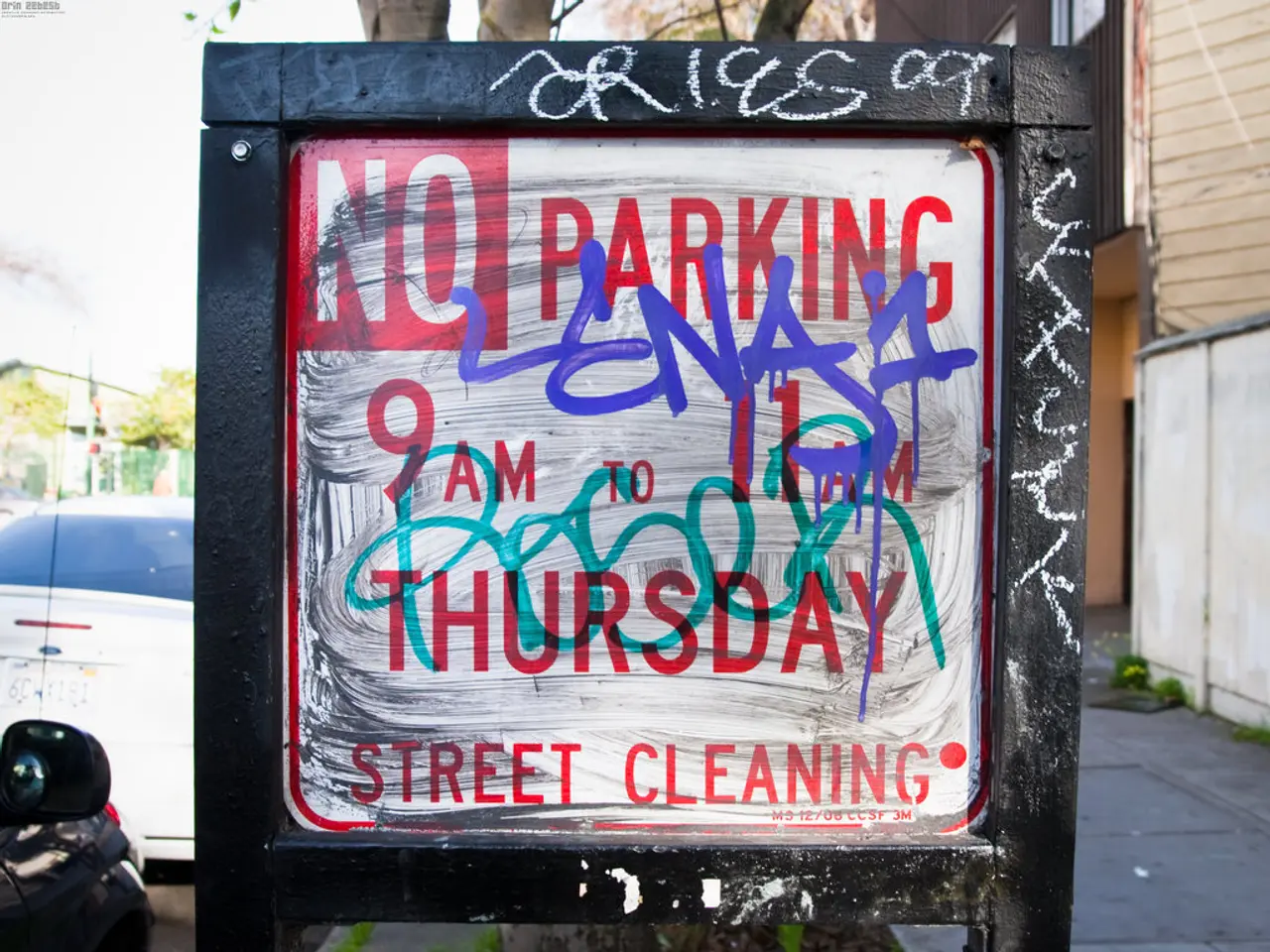DeFi titan Aave redefining financial accessibility for all
In the rapidly evolving world of decentralised finance (DeFi), Aave stands out as a pioneer, offering a decentralised lending platform that could potentially reshape the financial landscape.
Aave's unique model facilitates direct peer-to-peer lending, automating loan procedures, and breaking down barriers often erected by conventional US banks. This decentralised nature makes financial services more accessible, providing an opportunity for enhanced financial inclusion.
The European Securities and Markets Authority (ESMA), the regulatory authority overseeing Aave's operations, has acknowledged its compliant operational management. Particularly noteworthy is Aave's efforts to integrate regulatory requirements such as KYC/AML and risk reporting into its 'Horizon' framework, designed for institutional use and regulatory compliance.
Aave's operational practices could influence future standards and reporting requirements, potentially shaping a more clearly defined regulatory environment. This demonstrates that DeFi can operate compliantly within evolving regulatory frameworks, as evidenced by Aave's operations in Europe.
One of the key advantages of Aave is the higher yields it offers on stablecoin deposits, around 5.76% annually compared to the average 0.39% return on US savings accounts in traditional banks. Blockchain technology ensures transparent transaction records, helping to reduce fraud.
However, the technological immaturity of smart contracts used in decentralised platforms like Aave raises concerns. Bugs or exploits could lead to substantial financial losses. Liquidity volatility can complicate access to funds during periods of high borrowing, and without regulatory protection, users on decentralised platforms like Aave are left exposed to potential platform failures.
Despite these risks, particularly for SMEs and individuals, the potential for decentralised finance, as demonstrated by Aave, is enormous. It has the possibility to reshape financial services and create a more equitable financial ecosystem. Features like flexible collateral options and AI-driven credit assessments may empower those without traditional credit histories to access financial services.
However, users must manage their private keys carefully when using decentralised platforms like Aave. Losing access can result in the irreversible loss of funds.
As traditional banks aim to adapt to the evolving needs of consumers in the future of Web3 banking, Aave's model could serve as a guide. Traditional banks could adopt Aave's principles to provide more accessible financial products, promoting broader financial participation. Aave's potential to offer higher yields challenges traditional banking norms in the financial world.
In conclusion, Aave's operations in Europe establish a model of trustworthiness for decentralised finance, demonstrating that it can operate compliantly within evolving regulatory frameworks. Its potential to reshape financial services and create a more equitable financial ecosystem is enormous, making it a key player to watch in the world of DeFi.
Read also:
- User Data Analysis on Epic Games Store
- Rachel Reeves conducts a discussion with Scott Bessent and financial executives, focusing on investment matters
- Hyundai accelerates production plans: Introducing 7 new N models, aiming for a sales figure of 100,000 units by 2030.
- Yasa, an electric car engine producer, plans to broaden its operations.







